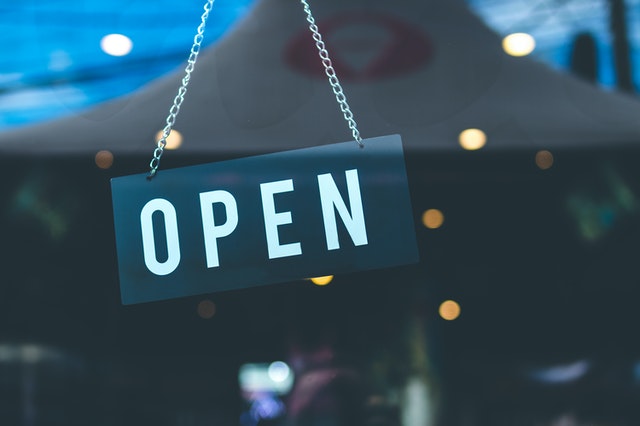Reopening an Events Venue After a Prolonged Closure.

With many European countries starting to allow event venues to reopen with larger audiences form early 2021 there are many steps that a venue owner should take in preparation of reopening. This is particularly important considering many live event venues have been closed for in excess of eight months.
Any venue that has been closed for a prolonged period of time will not just be able to open up as they would before the coronavirus pandemic. The venue owners will need to make substantial checks and changes to their operational procedures.
Building checks should be performed by qualified technicians to ensure that the venue heating and ventilation systems are operating correctly. Checks will also need to be made for the water supply and bathroom facilities too. Checks will be required on operating fire escapes and other fire prevention measures to ensure they are compliant and operational. Many of these tasks would be part of the normal health and safety checks any public venue would make but additional checks should be made if the venue has sat closed and unused for a long time.
The venue owners will need to introduce new processes and procedures for the operation of the venue in light of coronavirus. All contact surfaces will need to be thoroughly cleaned and disinfected on a regular basis. New venue layout plans with barriers, floor markings and signage will be required to ensure the appropriate social distancing measures are in place. This will likely include new processes for the venue entrance with event goers subject to temperature and symptom checks along with clearly marked instructions for visitors regarding face masks and distancing measure along with a documented procedure should a visitor need to be refused entry.
For venues providing Food & Beverage services the F&B manager should figure out if they can implement contactless ordering and cashless payment systems along with additional staff training that would be required. If the bar is going to serve draught beer (depending on any rules prevailing at the time) any exiting stock should be checked and new supplies ordered particularly considering that the typical shelf life of a keg of beer is between two and four months.
Venue owners wishing to reopen for events will need to consider most of the steps above before settling on an opening date. These new operational process and checks take time, possibly weeks so when planning for up-and-coming live music events the timescales will likely be extended. It is also important not to rush these steps in a bid to open quickly as it is just as important to instill confidence in the visitor audience. The last thing any venue wants is to be the centre of a new infection cluster causing them to close yet again.
Using an event management software platform like FestivalPro live music event organisers get all the functionality they need to plan a live music event. The guys who are responsible for this software have been in the front line of event management for many years and the features are built from that experience and are performance artists themselves. The FestivalPro platform is easy to use and has comprehensive features for managing the entire event including specific modules for artists, venues, contactless ordering and ticketing.
Photo by Artem Beliaikin from Pexels
<< Back to articles
Contact us
Get in touch to discuss your requirements.
US: +1 424 485 0220 (USA)
UK: +44 207 060 2666 (United Kingdom)
AU: +61 (2) 8357 0793 (Australia)
NZ: +64 (0)9887 8005 (New Zealand)